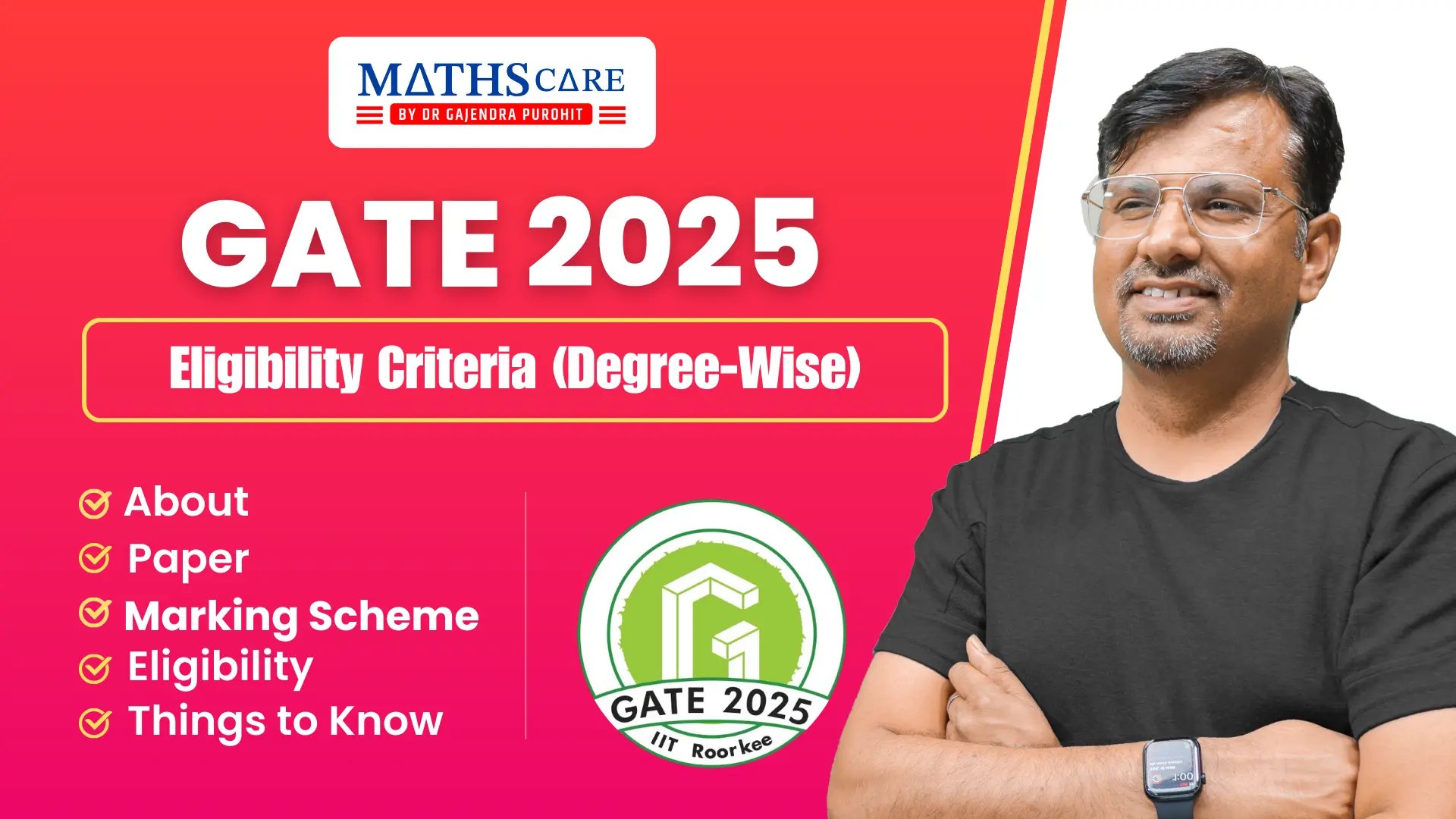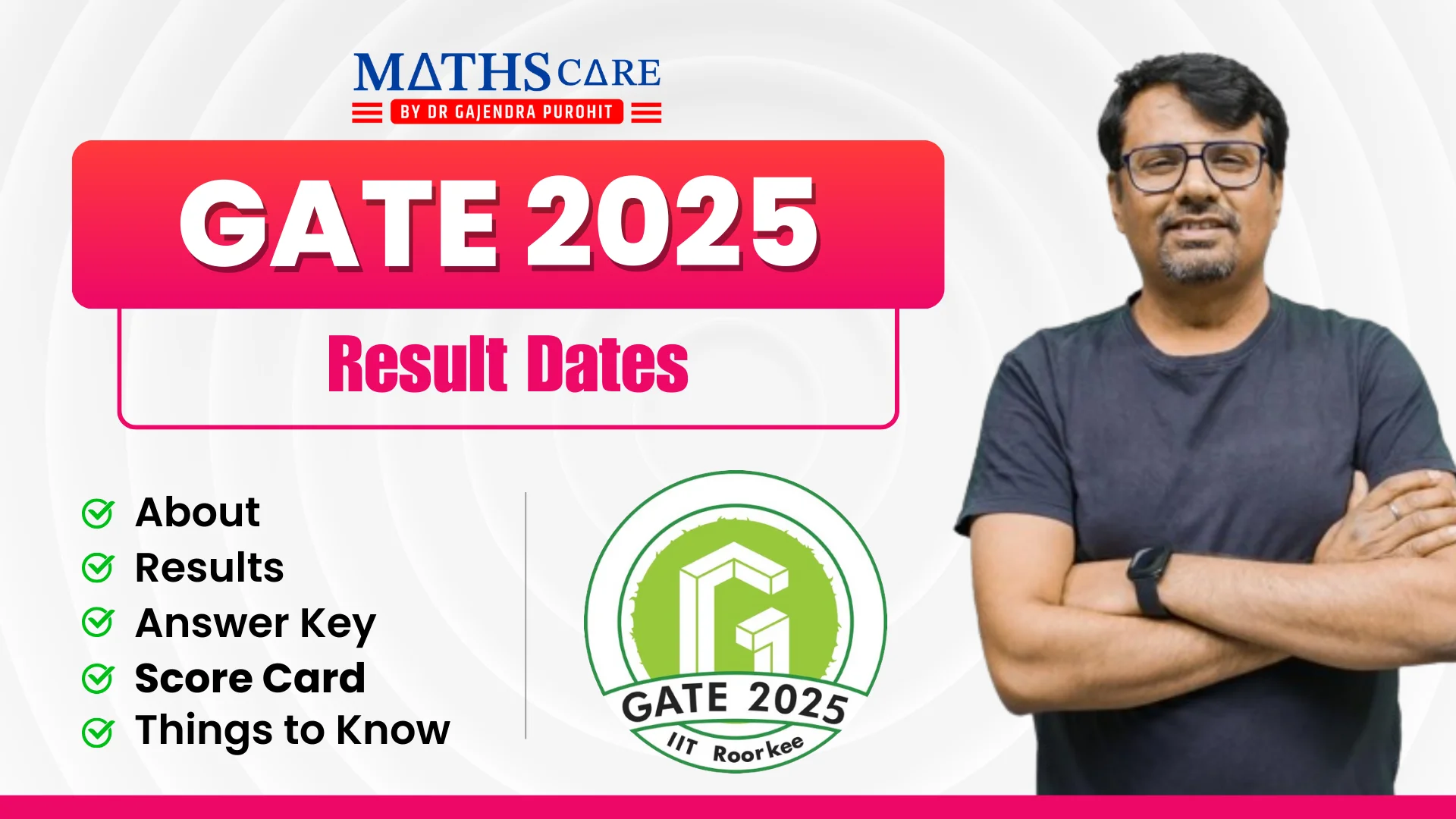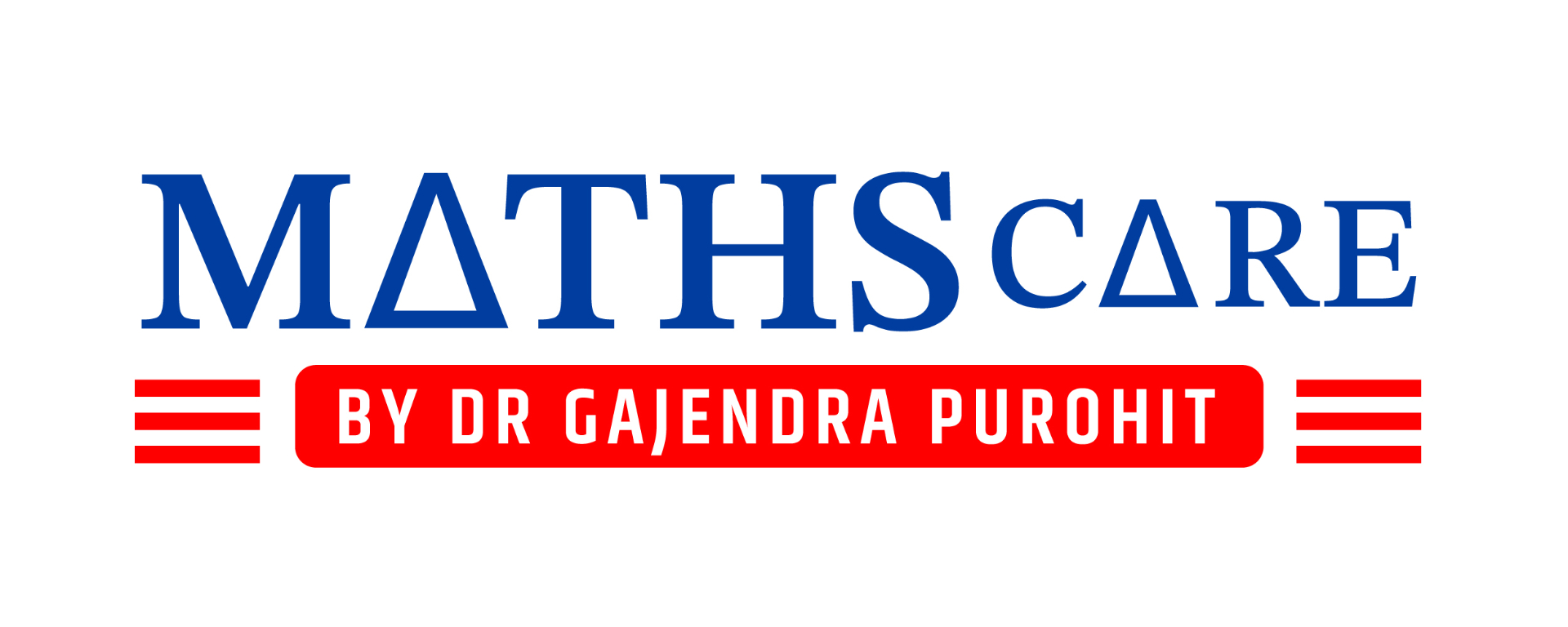GATE Eligibility Criteria (Degree-Wise)
GATE (Graduate Aptitude Test in Engineering): The Graduate Aptitude Test in Engineering (GATE) is one of the most sought-after examinations for students aspiring to pursue postgraduate programs in engineering, science, and technology. It is conducted at the national level and serves as a gateway to prestigious institutions such as IITs, NITs, IISc, and various public sector undertakings (PSUs) that consider GATE scores for recruitment. Understanding the eligibility criteria is essential for candidates before applying for the examination. This blog provides a detailed insight into the degree-wise eligibility criteria for GATE 2025, ensuring that aspirants are well-informed about their qualification requirements and admission prospects.

About GATE 2026
GATE is a national-level entrance examination jointly conducted by the Indian Institutes of Technology (IITs) and the Indian Institute of Science (IISc), Bangalore. It is managed on behalf of the National Coordination Board (NCB), under the Department of Higher Education, Ministry of Education, Government of India. The examination assesses a candidate’s understanding of core subjects in engineering, technology, science, architecture, and humanities. Every year, one of the IITs or IISc is responsible for organizing the exam. GATE is not only crucial for higher education opportunities but also plays a significant role in PSU recruitment, research fellowships, and international study options.
GATE Paper Pattern
GATE 2025 follows a standardized paper pattern that is designed to evaluate the conceptual clarity, problem-solving abilities, and analytical skills of candidates. The exam will be conducted in a Computer-Based Test (CBT) mode and will be available only in English. Candidates can choose from 30 subject papers based on their qualifying degree and field of study. The test consists of two primary sections: General Aptitude (GA) and the candidate’s selected subject. The types of questions that appear in the exam include:
Multiple Choice Questions (MCQs): These questions have four options, with one correct answer.
Multiple Select Questions (MSQs): These questions may have multiple correct answers.
Numerical Answer Type (NAT) Questions: These require candidates to enter numerical values as answers.
The questions are designed to assess candidates on various cognitive levels, including recall, comprehension, application, and higher-order analytical skills such as synthesis and evaluation. The structure of the test ensures a balanced mix of theoretical and application-based questions.
GATE Marking Scheme
The GATE 2025 marking scheme is crucial for candidates to understand how their responses will be evaluated. The total marks for the exam are 100, distributed among different sections. The General Aptitude (GA) section carries 15 marks, while the remaining marks are allocated to Engineering Mathematics (in applicable papers) and subject-specific questions. The marking system includes:
1-mark and 2-mark questions: Questions can carry either 1 or 2 marks each.
Negative marking: For incorrect answers in MCQs, 1/3 marks will be deducted for each 1-mark question, and 2/3 marks will be deducted for each 2-mark question.
No negative marking: MSQs and NAT questions do not have negative marking, but partial marking is not given in MSQs.
This structured marking scheme ensures that candidates are not only rewarded for correct responses but are also penalized for incorrect choices in MCQs, making accuracy a key factor in achieving a high score.
GATE Admitting Institutes
GATE 2025 scores are widely accepted by numerous prestigious institutions across India for postgraduate admissions. Some of the top admitting institutes include:
Indian Institutes of Technology (IITs): These premier institutions offer M.Tech, M.E., and Ph.D. programs based on GATE scores.
Indian Institute of Science (IISc) Bangalore: IISc is known for its research-oriented M.Tech and Ph.D. programs.
National Institutes of Technology (NITs): These institutions provide various specialized M.Tech courses.
Indian Institutes of Information Technology (IIITs): IIITs offer advanced courses in computer science, electronics, and related fields.
State and Central Government Institutes: Various state-funded universities and research centers also accept GATE scores for admissions.
Apart from academic institutions, several Public Sector Undertakings (PSUs) use GATE scores for direct recruitment into high-paying technical and managerial roles. Companies such as ONGC, NTPC, IOCL, BHEL, and DRDO consider GATE scores for hiring engineers in different domains.
GATE GATE 2025 Organizing Institute (IIT Roorkee)
For GATE 2025, the organizing institute is IIT Roorkee. The responsibility of the organizing institute includes preparing the question papers, setting exam guidelines, managing application processes, and overseeing the smooth conduct of the examination across various centers. IIT Roorkee is one of India’s oldest and most prestigious technical institutes, and it has successfully managed GATE in previous years. Candidates must refer to the official GATE 2025 website, maintained by IIT Roorkee, for the latest updates on exam schedules, syllabus, and other essential details.
GATE General Eligibility
Before filing an application, candidates are advised to ensure that they meet the eligibility criteria for GATE 2025.
Candidates who are currently studying in the 3rd or higher years of any undergraduate degree program or who have completed any government-approved degree program in Engineering/Technology/Architecture/Science/Commerce/Arts/Humanities are eligible to appear for GATE 2025.
Some Professional Societies/Institutions, which conduct examination in various fields of engineering, are given below:
The Institution of Engineers (India) (IE)
The Institution of Civil Engineers (ICE)
The Institution of Electronics and Telecommunication Engineers (IETE)
The Aeronautical Society of India (AeSI)
The Indian Institute of Chemical Engineers, including Polymer and Environmental Group (IIChE)
The Indian Institute of Metals (IIM)
The Indian Institute of Industrial Engineers (IIIE)
Candidates who possess certification from any such professional societies must ensure that those examinations are approved by MoE/AICTE/UGC/UPSC as being equivalent to B.E./B.Tech./B.Arch./B.Planning, etc.
Candidates who have obtained/are pursuing their qualifying degree from countries other than India must be currently in the 3rd or higher years or must have completed their Bachelor’s degree (of at least three years duration) in Engineering/Technology/Architecture/Science/Commerce/Arts/Humanities.
GATE Eligibility Criteria (Degree-Wise)
Candidates must meet the eligibility criteria before applying for GATE 2026. The following is a degree-wise breakdown of the eligibility requirements:
B.E./B.Tech./B.Pharm: Candidates pursuing the 3rd year or higher, or those who have completed their bachelor’s degree in Engineering/Technology (4 years after 10+2 or 3 years after Diploma) are eligible.
B.Arch: Students in the 3rd year or higher of a 5-year Bachelor’s degree in Architecture/Naval Architecture/Planning are eligible.
B.Sc. (Research)/B.S.: Candidates who have completed or are in the 3rd year of a 4-year Bachelor’s degree in Science can apply.
Pharm.D.: Candidates currently in the 3rd, 4th, 5th, or 6th year of the 6-year Pharm.D program (after 10+2) are eligible.
M.B.B.S./B.D.S./B.V.Sc.: Degree holders and students in the 5th semester or higher of these medical programs are eligible.
M.Sc./M.A./MCA: Candidates who have completed or are in the 1st year of a Master’s degree in Science, Arts, Mathematics, Statistics, or Computer Applications can apply.
Integrated M.E./M.Tech./M.Pharm (Post-B.Sc.): Candidates currently in the 1st, 2nd, 3rd, or 4th year of a 4-year integrated Master’s degree are eligible.
Professional Society Examinations: Candidates who have completed Section A of AMIE, AMICE, or equivalent examinations recognized by AICTE/MoE/UPSC are eligible.
GATE General Aptitude Tips
General Aptitude is a scoring section in GATE and requires dedicated preparation. Candidates should focus on:
Strengthening their grasp on English grammar, comprehension, and logical reasoning.
Practicing mathematical topics such as algebra, probability, and numerical reasoning.
Solving previous year’s General Aptitude questions to identify patterns and difficulty levels.
GATE Preparation Tips
Effective preparation strategies for GATE 2025 include:
Understanding the syllabus and focusing on high-weightage topics.
Creating a structured study plan with dedicated revision time.
Practicing mock tests and previous year’s question papers.
Using standard textbooks and online learning resources for in-depth study.
Managing time effectively during the exam by attempting easier questions first.
Conclusion
GATE 2025 is an essential examination for aspiring engineers, scientists, and researchers. Understanding the eligibility criteria, paper pattern, and marking scheme is crucial for effective preparation. With a strategic study plan and consistent practice, candidates can maximize their chances of success and secure admission to prestigious institutes or lucrative PSU jobs. Early preparation and focused study will help candidates achieve their desired results in GATE 2025.
GATE FAQS
Upload the side of your ID showing your photo, name, date of birth, and ID number.
No, GATE application fees are non-refundable.
It depends on seat availability in your requested city. There’s no guarantee.
No, your application will be marked defective, and you will be asked to correct it.
Yes, you can add a second paper during the correction window, with an additional fee.
BEST OFFERING COURSES FOR YOU
BEST BOOKS FOR IIT JAM/ CSIR-NET
BUY BOOKS ON OUR APP
RECENT POSTS

GATE Career Opportunities (Updates)

GATE 2025 Financial Assistance









